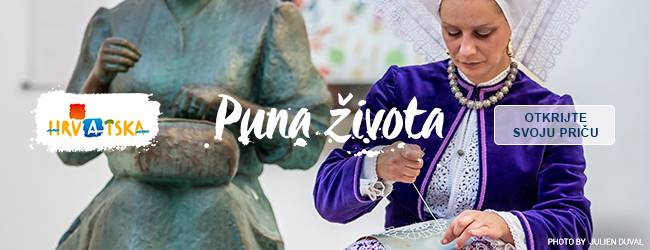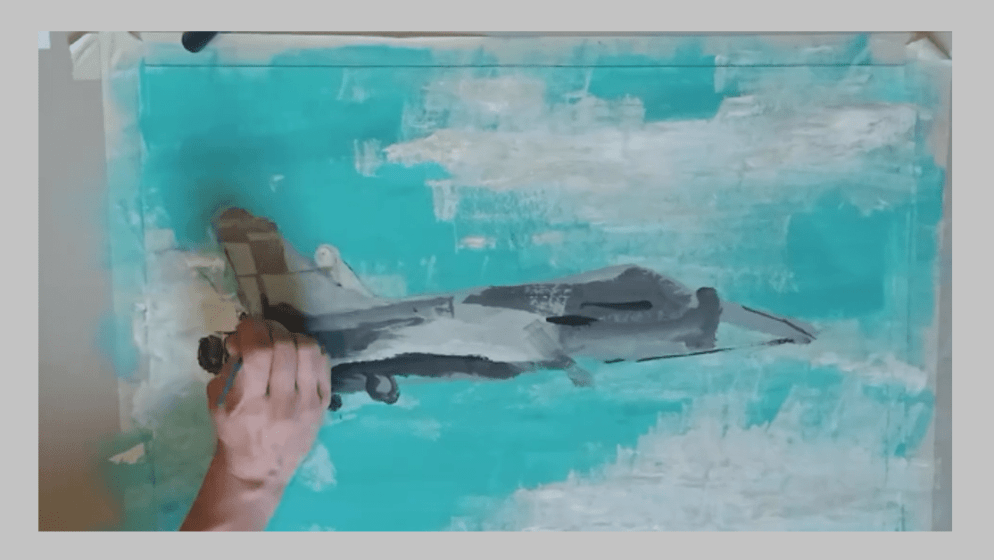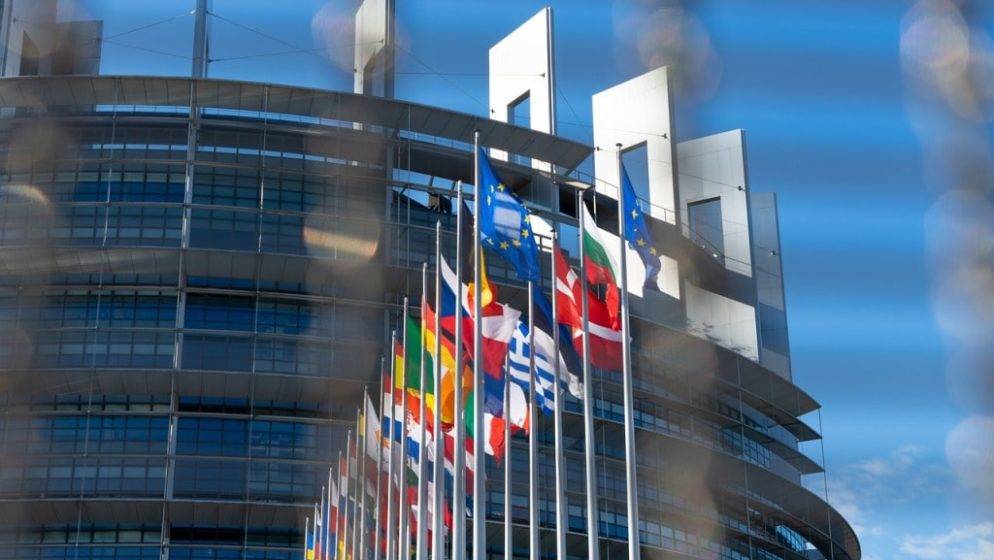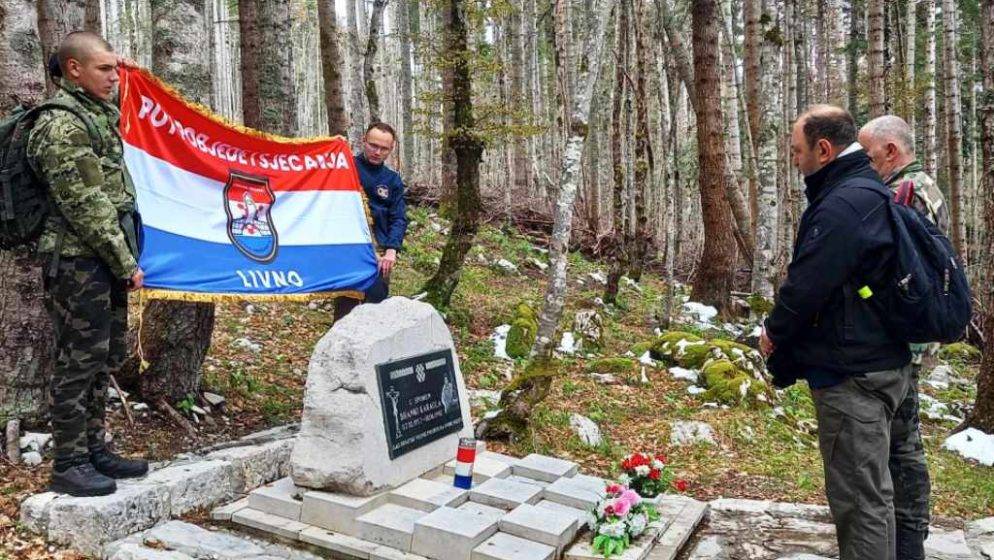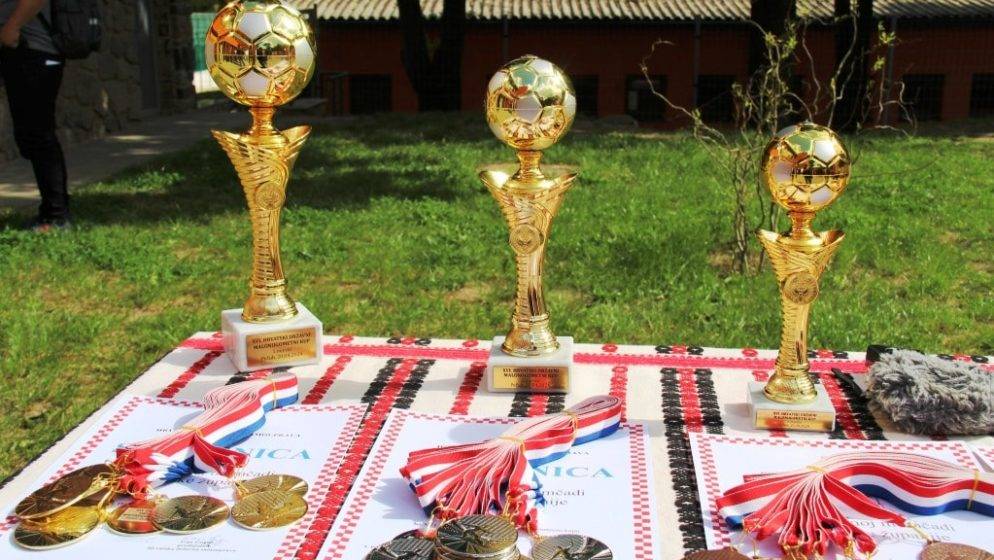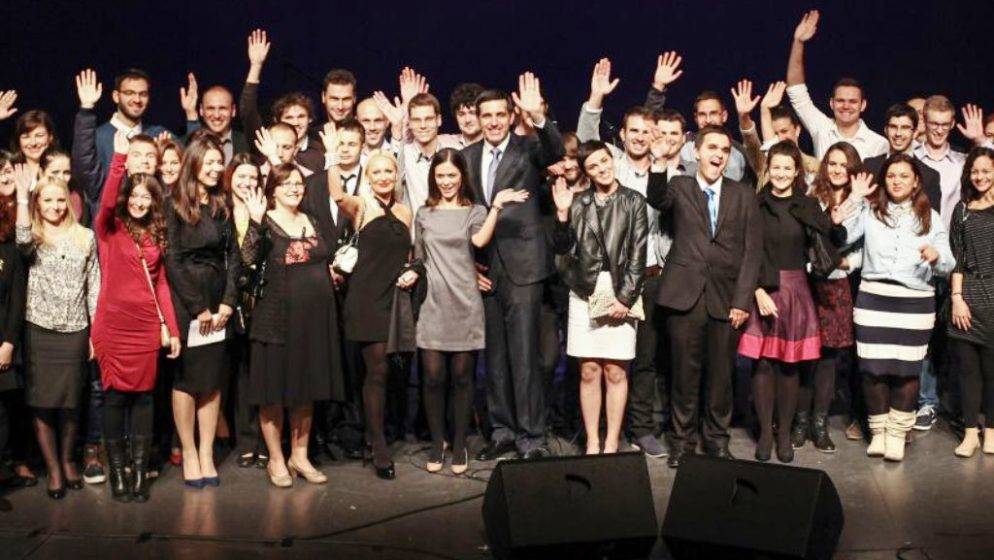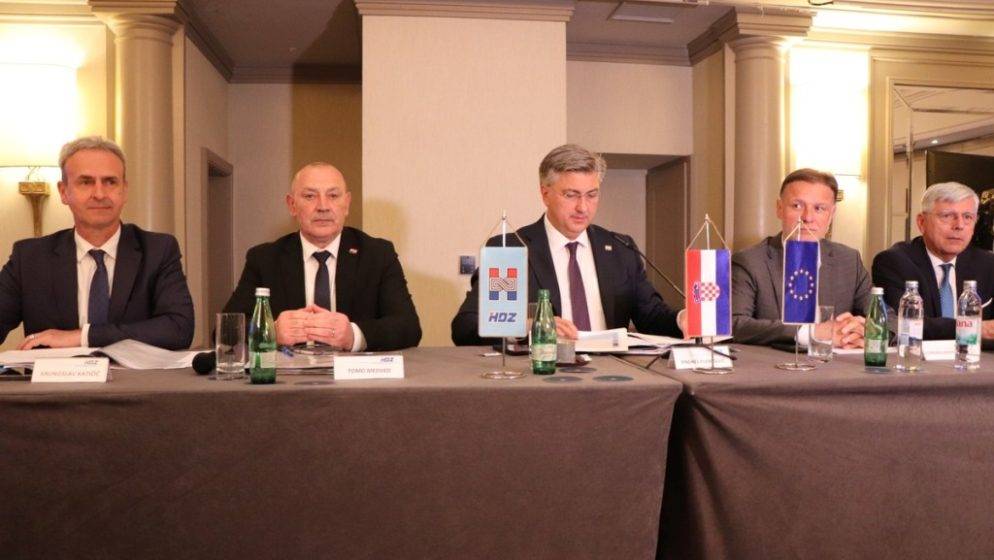Autor: Ina Vukic, Sydney
The fact that in the drawn-out process to the canonisation of Croatia’s Blessed Alojzije (Aloysius) Stepinac (Archbishop of Zagreb during WWII, beatified by the Catholic Church in 1998) Pope Francis is seeking the opinion of Patriarch Irinej of the Serbian Orthodox Church regarding WWII truth about Stepinac’s deeds during the war is a matter that evokes a great deal of distress worldwide, let alone in Croatia.
This makes the process of Stepinac’s canonisation charged with politics that have nothing to do with the factual truth the Church seeks. First of all, Patriarch Irinej cannot possibly be an authority on the truth simply because the truth regarding Stepinac has been consistently misrepresented and falsified by the Serbian Orthodox Church since WWII, as well as by the communist regime. The truth can only be found in researched facts and archives of these had indeed been out of reach up until relatively recently and some, those kept in Serbia, still remain closed, I believe. Patriarch Irinej made no moves ever to encourage research into WWII facts to do with Stepinac; to my knowledge, his stance has always followed the tides of Serbian anti-Croatian politics and propaganda, of Greater Serbia politics and bloody deeds that went with it.
The researched WWII facts presented by, for example, Dr. Esther Gitman (both document and verbal testimonies of Holocaust survivors in Croatia and Bosnia and Herzegovina) show clearly that Stepinac rescued Jews, Serbs, Roma and others during WWII when such heroic deeds were pursued under the threat of own life. Her published books, “When Courage Prevailed: The Rescue and Survival of Jews in Independent State of Croatia 1941-1945” and “Pillar of Human Rights” are among the sources for truth, which Pope Francis should consult if he has so far failed to do so.
Throughout the long history of the Catholic Church (and other Churches), many saints were made saints because of their extraordinary courage, even when faced with the most dangerous tasks. These holy men and women showed courage through their vocations and duties from God. Saints Joan of Arc, Edmund Campion, and Isaac Jogues all lived their faith by showing courage in the face of danger or death.
Alojzije Stepinac was not different to these saints in human history.
In June 2011 Pope Benedict XVI praised Cardinal Stepinac as a courageous defender of those oppressed by the Ustashe, including Serbs, Jews and gypsies.
He said the cardinal stood against “the dictatorship of communism, where he again fought for the faith, for the presence of God in the world, the true humanity that is dependent on the presence of God.”
Pope Francis, who this week visited Bulgaria and North Macedonia, gave a statement regarding the stage that the canonisation of Stepinac is at. Pope Francis said that the canonisation depends on the report of a mixed commission set up together with the Serbian Orthodox Church (SPC).
“Stepinac was a soulful man, that is why the (Catholic) Church beatified him. But at a certain moment in the process of his canonisation, there were some unclear points, historical points,” the Pope said, and added:
“I prayed, I considered, I sought advice and I saw that I need to seek help from (Serbian Patriarch) Irinej. He is a great patriarch. Irinej helped, we created a joint historic commission, and we cooperated.”
“The truth is both mine and Irinej’s only interest. And not to make a mistake. What purpose would declaring (Stepinac) a saint serve, if the truth was not clear? That would serve no one,” Pope Francis concluded.
The grave problem arises here! How can Irinej’s view of the truth help when that “truth” has more likely than not been shaped by untruths and innuendoes than by factual truth! The Serbian propaganda against Stepinac has been relentless since WWII and Patriarch Irinej never stepped aside nor insisted on factual representation of the truth!
Blessed Stepinac, who is hailed as a hero in Croatia, has been a target of decades-long communist smears and disinformation. Despite this, Pope St. John Paul II beatified him as a martyr in October 1998. The Serbian Orthodox community continuously peddle scepticism about Stepinac’s wartime record.
But researchers, including Gitman, particularly in the past three decades have shown that the facts about Stepinac counter false claims about his record.
“What you have is a false narrative created by Soviet agents,” Prof. Ronald J. Rychlak of the University of Mississippi told CNA/EWTN News in 2016.
In 1946, Stepinac was put on trial by Yugoslav communists (Belgrade, Serbia, headquartered) for allegedly collaborating with the Ustashe’s crimes. The trial drew critical coverage from Western media like Time and Newsweek and protests from those who saw it as a show trial. Archbishop Stepinac was denied effective representation and only met with his attorney for an hour before the trial.
The government’s witnesses were told what to say, and the archbishop was not allowed to cross-examine them. In 1953, Pope Pius XII made him a cardinal, although he was never allowed travel to the Holy See to be officially elevated. He died in 1960 of an alleged blood disorder, which was said to have been caused by the conditions he endured in jail. Relatively recent tests of his remains by Vatican investigators show evidence he was also poisoned.
It was in late 2015 Patriarch Irinej wrote to Pope Francis asking the Pope to “remove the question of the canonisation of Cardinal Stepinac from the agenda, and to leave it to the infallible judgment of God.” Irinej knows only too well that God does not canonise! Of course, Irinej in his letter falsely accused Stepinac of collaboration with pro-Nazi movements and regimes just as communists did seventy years before! Irinej went even further and threatened of consequences of Stepinac’s canonisation:
“His canonisation, to our great regret, would return the relations between Serbs and Croats, as well as between Catholics and Orthodox faithful, back to their tragic history.”
t has become blatantly clear that by establishing the Commission with Serbian Orthodox Church on Stepinac’s canonisation Pope Francis’ main concern may indeed be that of avoiding the understanding of canonisation of Stepinac as an act against the Serbian people or causing divisions between Catholic and Orthodox faithful. But I would like to know when did the Orthodox faithful ask the Catholic faithful about canonisation of any of their saints? I am struggling to find such a case.
While Pope Francis’ steps taken with the Serbian Orthodox Church during this canonisation phase of the Stepinac Sainthood path may be seen as a good gesture this does not take away the fact that such acts are disturbing and distressing to Catholic faithfuls who have the ultimate right to their own saints. Certainly, the beatification of Stepinac sealed his worthiness of sainthood in proof required by the Catholic Church and in the eyes of multitudes across the world. One cannot, though, shake off the unpalatable sense that political agenda has crept, with nasty intentions, into the path of Stepinac’s canonisation just as it did in 1946, when he was false accused as collaborator of Nazi regimes. Clear and proven facts speak louder than opinion and when it comes to canonisation that is the only consideration Pope Francis should be keeping close to his chest.
In an interview with the Croatian Catholic Network, on 9 May 2019, Archbishop of Zadar, Zelimir Puljic, called on the faithful to be patient and calm. “The Pope said he cared about the truth and that, together with the Patriarch, he wants to arrive at the truth… However, regarding Stepinac and what the Congregation has already done and concluded, there is nothing contentious that would… bring into question his sainthood and canonisation.”
Archbishop Puljic said the pope’s decision to consult the Serbian Orthodox Church regarding Stepinac was a precedent and that the Serbian Orthodox Church wanted to use this precedent to block the canonisation.
“I would like to say something unusual, which is the interference of the Serbian Orthodox Church, another Church, or Patriarch itself, in the canonisation process of the Catholic Church. That is inappropriate – I have to say. And that’s not commonplace. I dare say, that is politics. So, Stepinac is put in a position he does not belong to. Stepinac was a believer, bishop, cardinal, he was a clerk of the Catholic Church and as such he deserved, first the title of the Blessed One, and is now in the process of being holy,” said Archbishop Puljic.
The Catholic faithfuls have been dealt a cruel blow in all this and Croatian Catholics particularly so! As we wait, laden with distress, for the outcome from this unprecedented path to canonisation in the Catholic Church, we must trust that Croats and their faith will endure. The alternative is unthinkable. The alternative where a deserved sainthood of the Catholic Church becomes the sacrificial lamb of Pope’s ambitions to do with another Church, Serbian Orthodox Church in this instance. There can be no common good when the good is sacrificed.
Datum objave: 10.05.2019.




